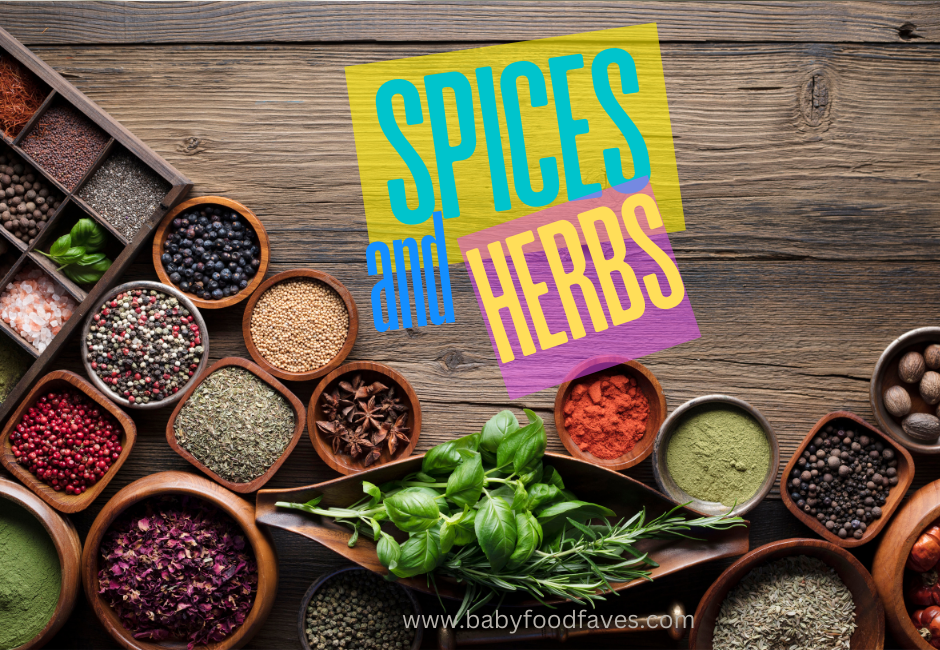
When it comes to introducing new flavors to our babies, spices and herbs are an exciting way to add variety and nutritional benefits to our baby’s meals. But, you might be wondering when it’s the right time to start and which spices are safe to introduce.
From the start of our diversification journey, I began adding spices to my baby’s food. I started with a small sprinkle of cinnamon on mashed apples—just a little touch, but it opened up so many new flavor possibilities at mealtime. My baby loved it, and I felt more confident introducing new flavors. Over time, I started experimenting with other spices, and it made mealtime more fun for both of us.
When is the Right Time to Start Adding Flavors to Baby Food?
Introducing spices and herbs is a great way to expand your baby’s flavor palate. Before adding these new flavors, you may want to explore the best first foods to start with. Check out my guide on starting solids to understand when and how to begin your baby’s feeding journey.
Once your baby has started eating simple solids and is ready for new flavors, you can start experimenting with spices and herbs for babies. This is usually after your baby has tried and tolerated a few basic foods like rice cereal, pureed vegetables, and fruits (my articles on first fruits or first veggies will give you a great idea of which ones are the best for beginners).
Start slowly and carefully. Introduce one spice at a time, just like you would any new food, to monitor for any reactions. If your baby has no adverse reactions, feel free to try other spices and herbs.
Safe and Flavorful Spices and Herbs to Try
Introducing spices and herbs for babies can be a wonderful way to expose your little one to a variety of flavors. Some spices and herbs are safe for babies as young as six months, while others should wait until later. Here are a few safe options that are both nutritious and flavorful and can be introduced in the first year:
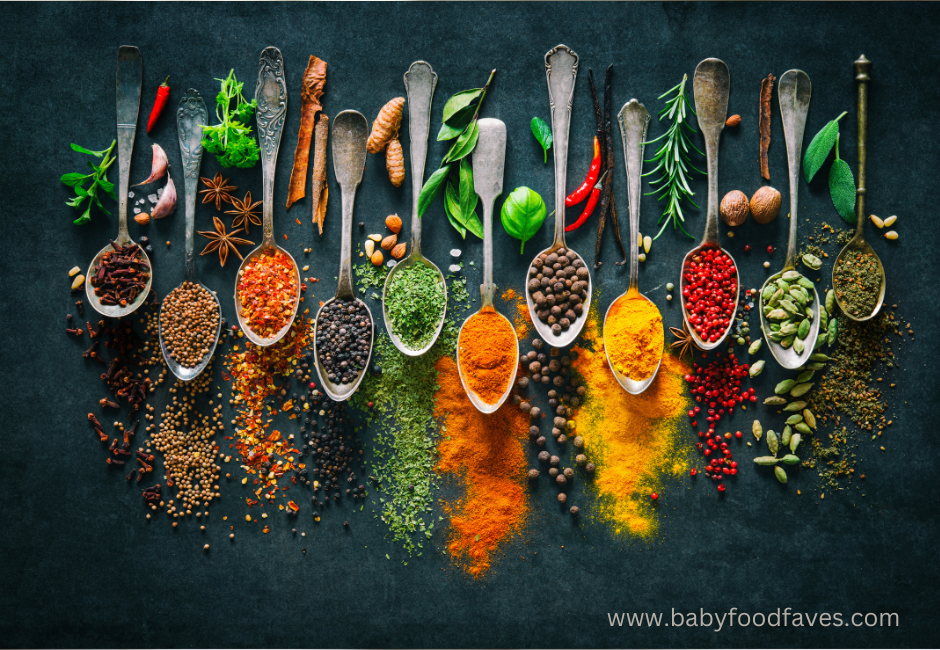
- Cinnamon – A great introduction to spices, cinnamon pairs well with fruits like apples and pears. It’s sweet and aromatic, adding a touch of warmth to your baby’s food.
- Ginger – A small pinch of ginger can add a lovely zing to pureed vegetables and fruits. It’s also known for its digestive benefits.
- Turmeric – With its earthy flavor, turmeric is a great addition to baby-friendly lentils or vegetables. It’s packed with antioxidants and has anti-inflammatory properties.
- Basil – A mild herb, basil can be added to mashed potatoes, peas, or even sweet potatoes. It has a lovely fragrance that enhances the flavor without being too overpowering.
- Mint – A little mint can be refreshing in fruit purees like watermelon or cucumber. It’s an excellent way to make meals feel more exciting.
- Parsley – Packed with vitamins and minerals, parsley is a great addition to mashed vegetables or mixed into soups. It adds a fresh, mild flavor that isn’t too intense for babies.
- Cumin – A tiny pinch of cumin adds warmth and a slight smokiness to vegetable purees. It can be introduced around 8-9 months.
What Spices and Herbs to Avoid in the First Year
Spices and herbs can be a wonderful way to add flavor and nutrients to your baby’s food, but it’s essential to know which ones to avoid during the first year. Some spices may be too strong or cause digestive discomfort. Skip spicy seasonings like chili powder, cayenne, and hot pepper, as these can overwhelm your baby’s sensitive digestive system. Also, avoid herbs like tarragon, sage, and thyme, as they can be too potent for babies to tolerate in the early stages. Additionally, completely eliminate salt until after the first year, as your baby’s kidneys can’t handle large amounts of sodium yet. If you’re unsure about any spices or herbs, consult your pediatrician to ensure they’re safe for your baby.
How to Introduce Spices and Herbs to Babies
When introducing spices and herbs for babies, here are a few important tips:
- Start Small – Begin with a very small amount of spice. Your baby’s taste buds are still developing, so even a tiny sprinkle can make a big difference.
- Mix with Familiar Flavors – It’s a good idea to mix spices and herbs into foods your baby already enjoys. For example, sprinkle some cinnamon into applesauce or add a pinch of basil to mashed potatoes.
- Watch for Reactions – Always introduce one spice or herb at a time to monitor for any potential allergic reactions. If your baby shows signs of a rash, digestive upset, or other discomfort, stop and consult with your pediatrician.
- Gradual Introduction – If your baby enjoys the spice and has no negative reaction, you can slowly increase the amount and start experimenting with other flavors. Over time, you can mix multiple herbs and spices into their meals to encourage their developing palate.
Why Use Spices and Herbs for Babies?
Introducing spices and herbs to babies offers many benefits beyond just taste. Many herbs and spices are packed with antioxidants, vitamins, and minerals that are essential for your baby’s growth. They also promote healthy digestion and can help make mealtime a more enjoyable experience.
For example, ginger can help soothe an upset stomach, and turmeric offers anti-inflammatory properties. These spices not only provide flavor but also nutritional benefits. By adding these spices to your baby’s meals, you can encourage healthy eating habits from the very beginning.
Personal Experience: Spicing Up Mealtimes
When I first introduced spices and herbs for babies, I was a little nervous. Would my baby like the flavors? Would she react to something new? However, I soon realized that a pinch of cinnamon in her apple puree, then oatmeal made it a lot more exciting, and she started to look forward to mealtimes. Slowly, I began to experiment with different spices and herbs, and each time, I noticed she was more eager to try new foods. This process was not only fun for her but also for me as a parent, discovering new ways to make baby food more flavorful.
I’d love to hear from you! Have you started using spices and herbs for babies in your baby’s meals? What were some of your favorite flavor combinations? Or, if you’re just getting started, what spices or herbs are you excited to try? Leave your thoughts and experiences in the comments below.
FAQ – Using Spices and Herbs for Babies
1. At what age can I start introducing spices and herbs to my baby?
It’s generally safe to start introducing mild spices and herbs around 6 months, when your baby begins eating solid foods. Always introduce one at a time to monitor for any reactions.
2. What are the best spices to start with for babies?
Cinnamon, ginger, basil, and parsley are great starting points. These are mild and safe for babies, adding subtle flavor to their meals.
3. Can spices help with digestion for babies?
Yes, some spices like ginger and cinnamon are known for their digestive benefits, helping to soothe an upset stomach and aid in digestion.
4. How do I know if my baby is ready for spices and herbs?
If your baby is eating solids comfortably and has not had any food sensitivities, they’re likely ready to try mild spices and herbs. Always start with small amounts and watch for any reactions.



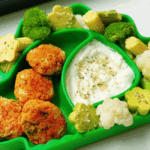
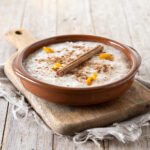





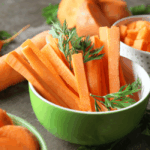


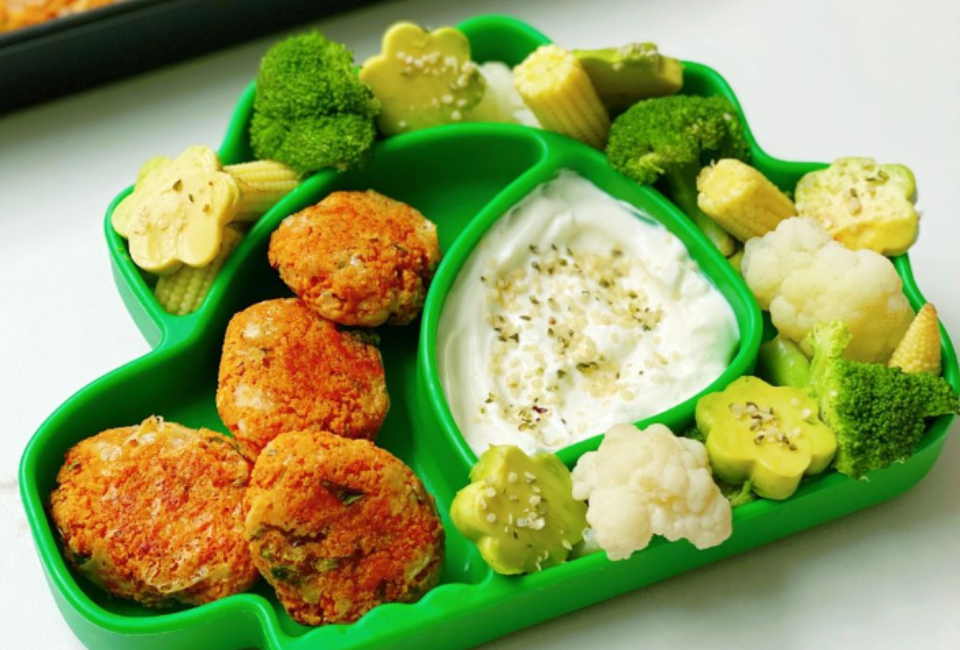
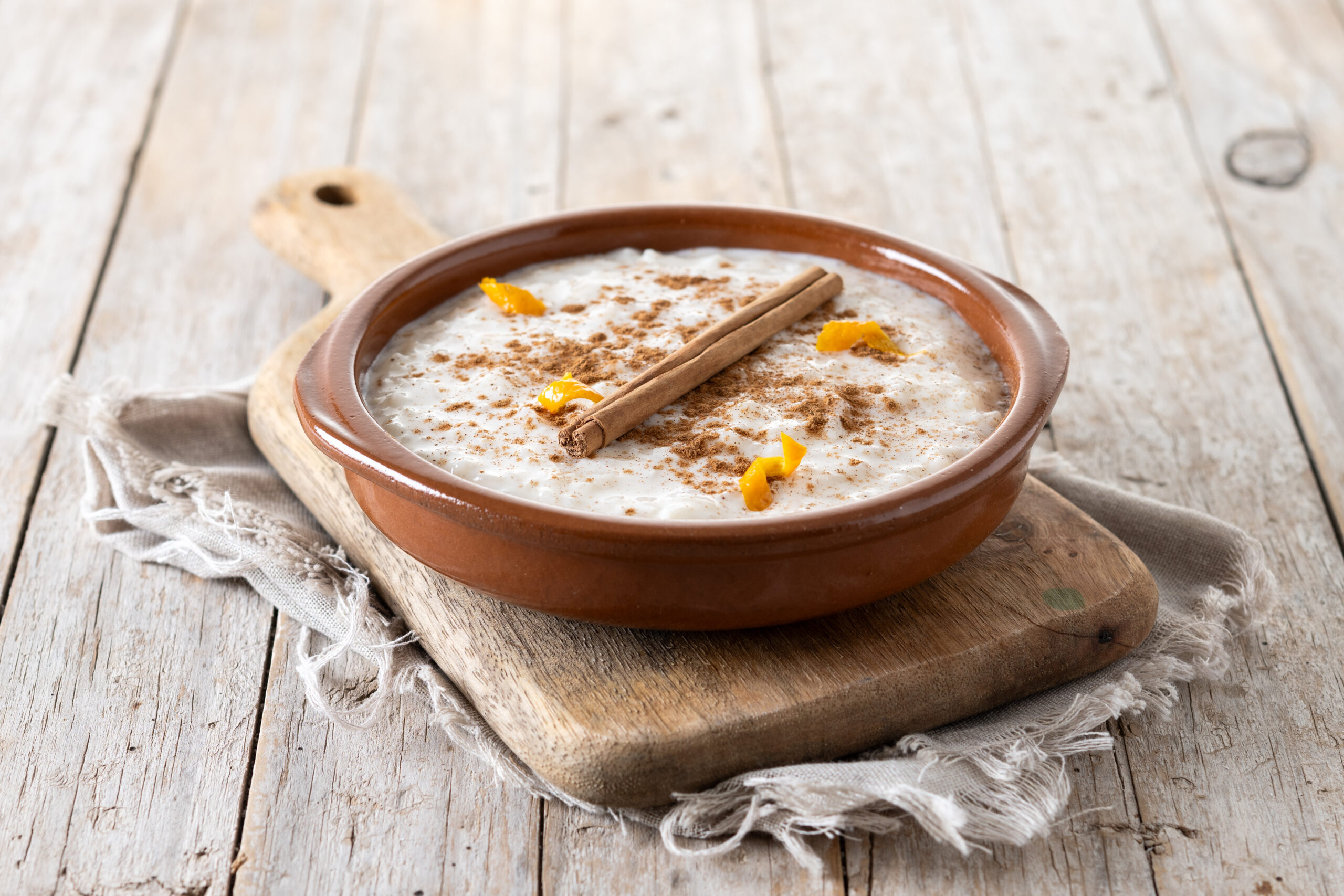
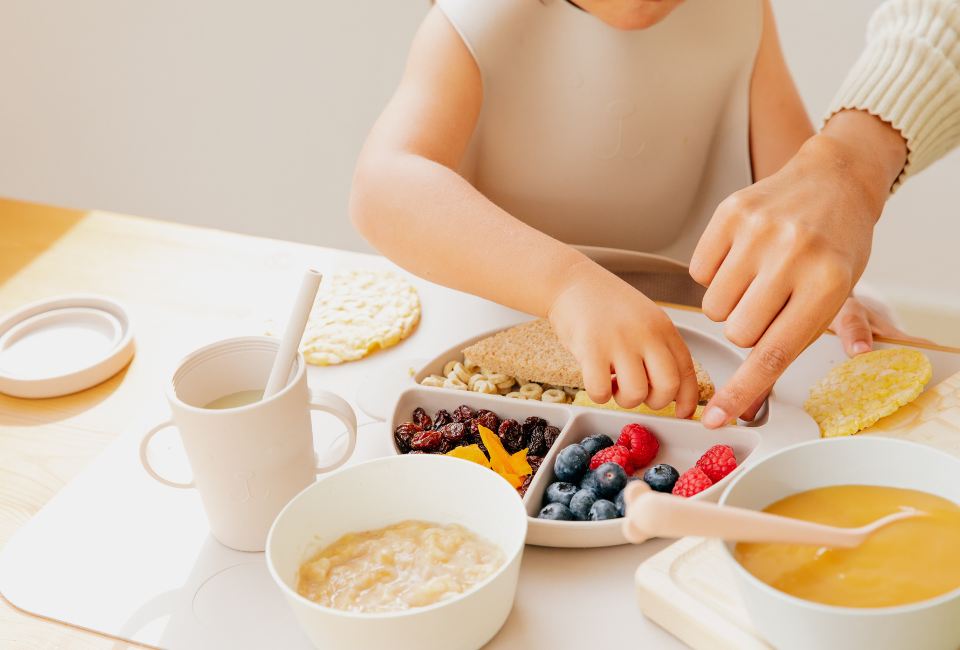
Leave a Reply